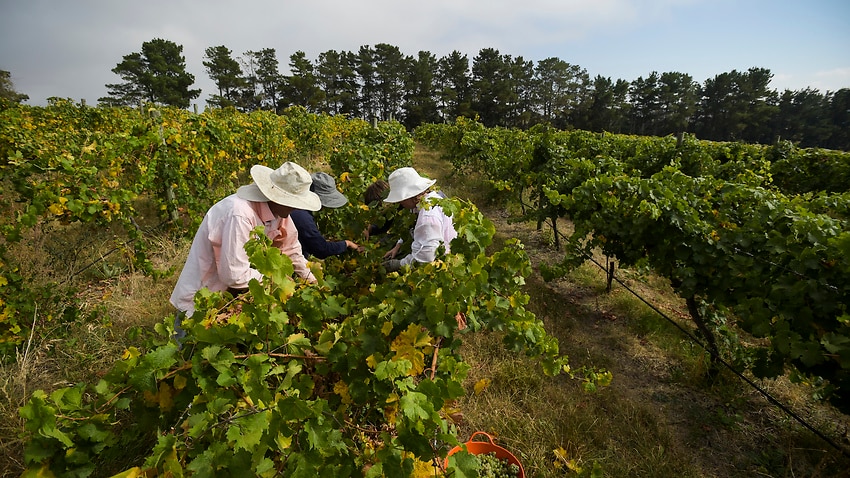The Morrison government is facing renewed pressure from within its own ranks to introduce a dedicated farm work visa after the release of a Liberal-led report.
The lower house’s standing agriculture committee on Monday released its findings from an inquiry into growing the sector to a $100 billion industry by 2030.
WA Liberal MP Rick Wilson chaired the committee, which backed longstanding industry calls to introduce a special visa type.
Prime Minister Scott Morrison backed an agriculture visa in 2018 but later said the expansion of existing migration programs meant there was no longer a need for a dedicated category.
The government has acknowledged the issue of labour shortages, with the latest development a national cabinet commitment to allowing overseas workers to be confined to one state.
The committee said an agriculture visa was unlikely to replace existing programs, which are also used by other sectors.
“A dedicated agriculture visa should allow for migrants to work in low-skilled positions and apply to stay for at least a year or to regularly return to Australia on a seasonal basis,” the report says.
“The visa conditions should not be tied to a specific employer, but rather to a specific industry, i.e. horticulture, or a specific region. The purpose for this condition would be to reduce worker exploitation.”
The National Farmers’ Federation $100 billion goal has the backing of the federal government but the peak national agriculture lobby last week warned workforce shortages were a major headwind.
Senior Nationals have previously supported an agriculture visa but the idea failed to gain traction within cabinet.
The parliamentary committee also recommended the Productivity Commission hold an inquiry into agricultural export regulations.
The commission would also look at the value of risk management programs in agriculture.
A nationally recognised agriculture qualification and professional development system would be developed.
Industrial hemp regulations should be reviewed to consider barriers to accessing the full value of farming the low-THC strain of the plant.







